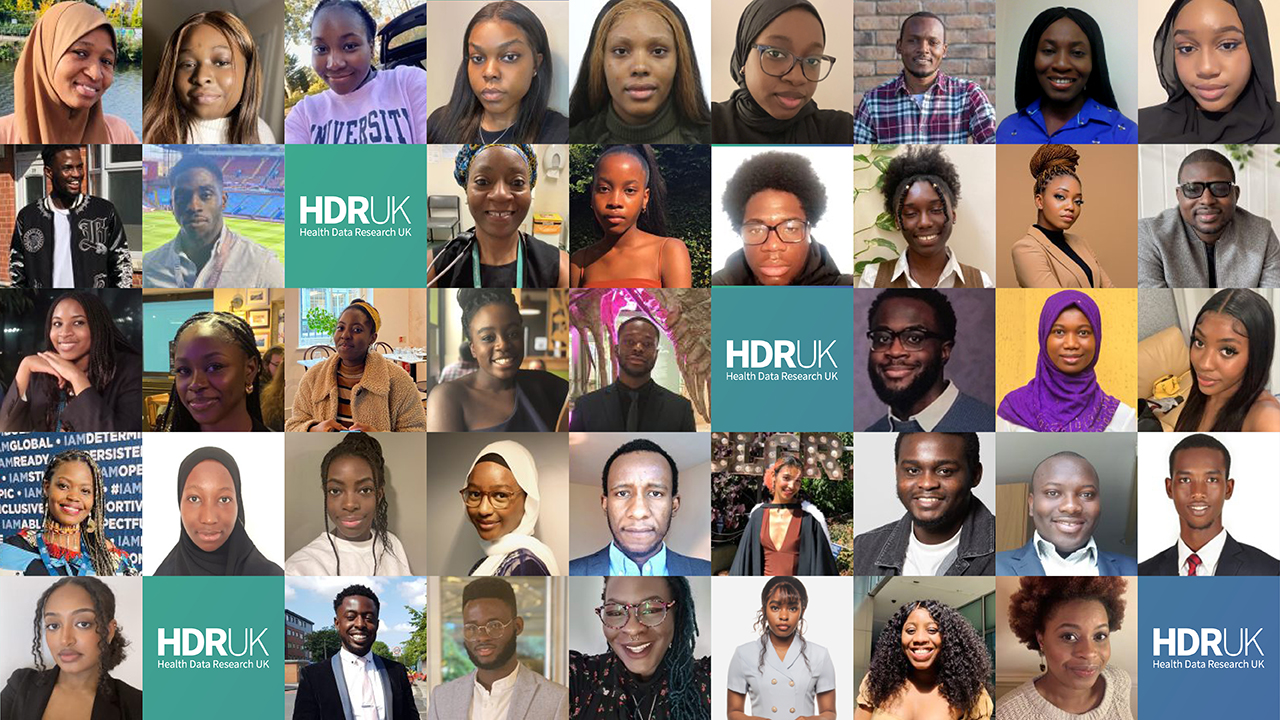A new year has started with a bang and I have a sense of optimism that we can make significant progress about something that I feel so strongly about – career pathways and clear recognition of different roles and the value they bring to health data science research, particularly in the academic setting.
Health Data Science is an interdisciplinary and team-science discipline. Drawing on many areas such as statistics, computer science, and bio/health informatics to solve complex health challenges using data, it means that individuals often have knowledge and skill depth in a specific area, but are conversant in others. This lends itself to working in inter-disciplinary teams that consist of different roles, for example data engineers, statisticians, machine-learners, health business analysts, clinicians. However, career pathways and progression at different stages is not entirely clear for those currently already working in the field and also those wishing to enter the field.

In particular, it has been highlighted during my visits across HDR UK, and from my own experience, that understanding of the roles, career pathways and recognition frameworks for health data technologists does not necessarily exist in a clear way in academia.
Health Data Technologists are typically the ‘glue’ in a health data science team that are interested in ensuring that the technical architecture and framework is secure and compliant with international standards, or that the data is curated and processed so that it is usable. They are an integral part of the team, and do not necessarily derive impact from research publications, but enable and facilitate it through the work that they do. In addition, this type of role attracts individuals who have not followed a traditional academic career trajectory, often with experience from other sectors. What we see is that while they perform this really crucial role, it is often difficult using the current models for them to secure substantive roles or contracts in an academic environment or for their contribution to be appropriately reflected in grant applications.
The lack of clarity around career development and recognition does mean that it is difficult to recruit and retain these individuals.
HDR UK has recognised the importance of these roles and will work with partners to understand the landscape in greater detail. Working with the Research Software Engineers Group, Technicians Commitment, universities (e.g., The University of Nottingham; and the University of Glasgow) and funding councils (e.g., MRC) we will help accelerate this through sharing best practice across these groups, develop career pathways/ recognition frameworks that reflect the diversity in these roles, and provide recommendations to panels on how to review and value the contribution of these roles on grants.
I am also currently interested in speaking with health data technologists about their roles to build a series case-studies that demonstrate the differences in roles, responsibilities and skills, so please get in touch at: enquiries@hdruk.ac.uk.




